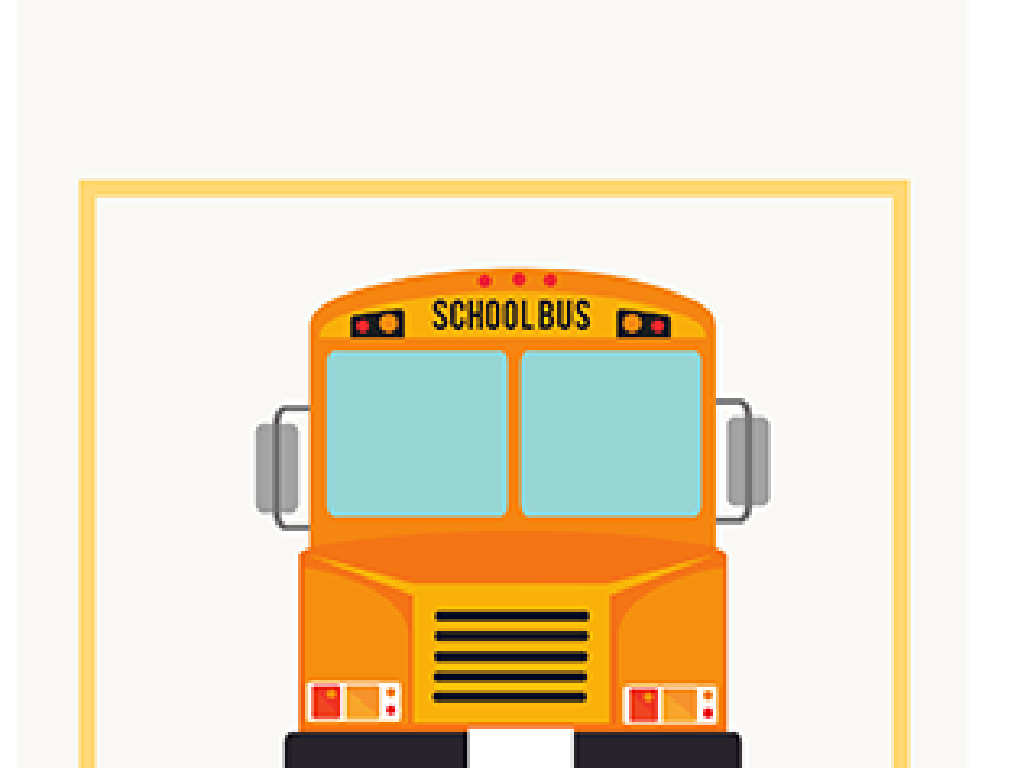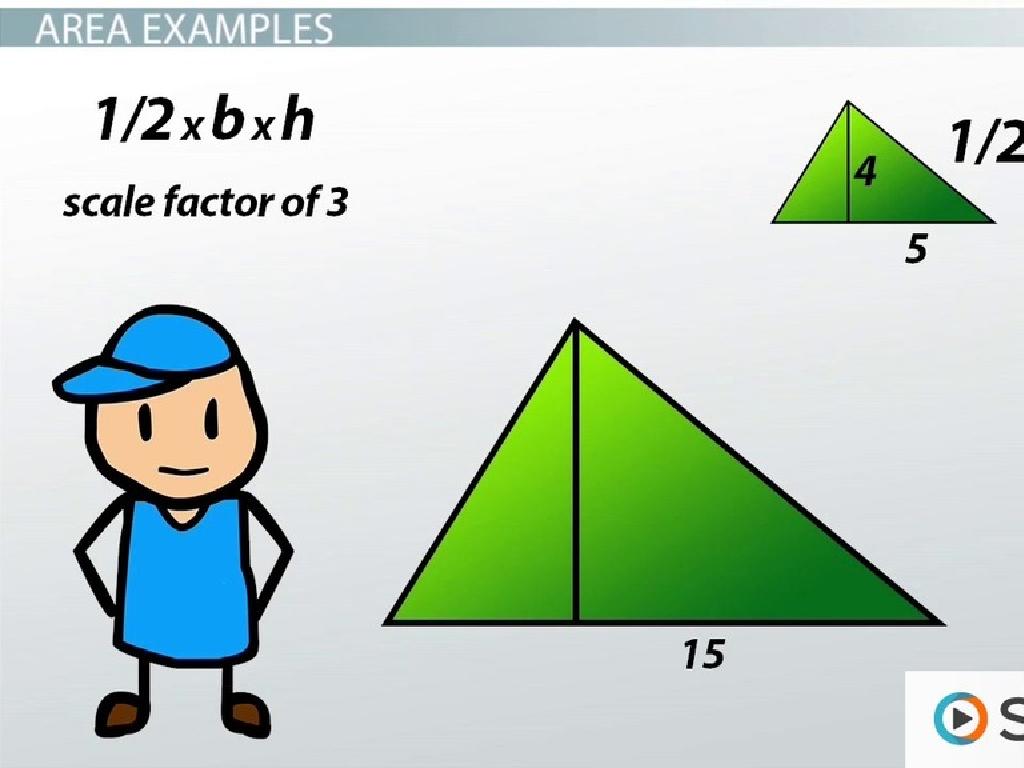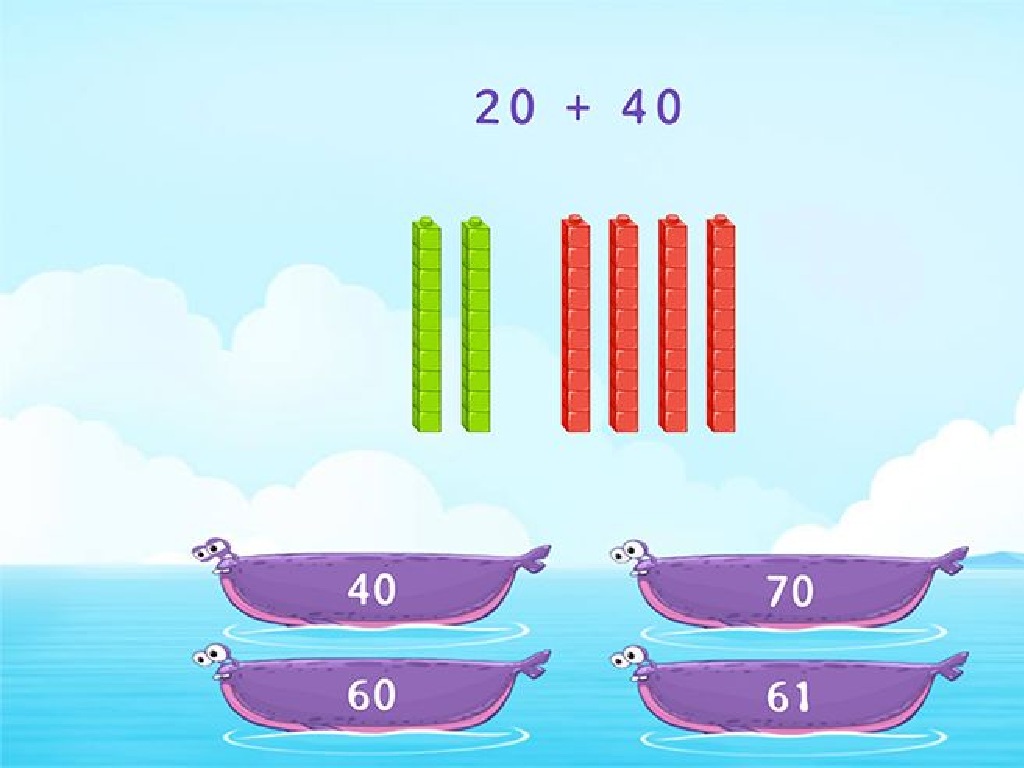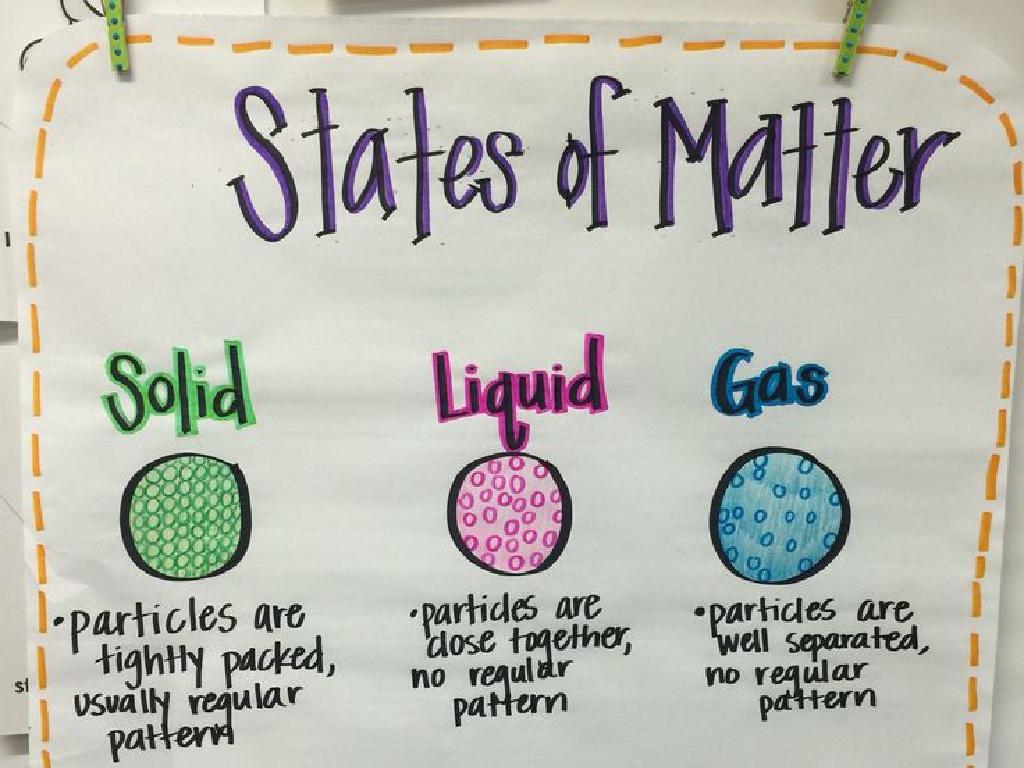Commas With Dates
Subject: Language arts
Grade: Fourth grade
Topic: Commas
Please LOG IN to download the presentation. Access is available to registered users only.
View More Content
Commas with Dates
– What is a comma?
– A comma is a pause between ideas.
– Commas in dates
– We use commas to separate days and years in dates.
– Why punctuation matters
– Punctuation helps make writing clear.
– Practice using commas
|
This slide introduces the concept of using commas in dates, which is a part of the broader topic of punctuation. Begin by explaining what a comma is and its role as a pause between ideas in a sentence. Emphasize the specific use of commas in dates to separate the day from the month and the year. Discuss why punctuation is crucial in writing, as it helps to clarify the meaning of sentences and ensures that the reader understands the intended message. Include examples of dates with and without commas to illustrate the difference. For practice, provide sentences where students can insert commas in the correct places, especially within dates.
Understanding Commas in Dates
– What is a comma?
– A comma is a pause in a sentence, like taking a breath.
– Commas in a list
– When we list things, we use commas to separate them.
– Commas and clauses
– They also split up clauses in complex sentences.
– Commas clarify meaning
– Commas help us understand sentences better.
|
This slide introduces the basic concept of commas and their usage in writing. A comma acts as a pause within a sentence, which can be thought of as a moment to take a breath when reading aloud. It’s crucial for students to understand that commas are used to separate items in a list, which helps in organizing thoughts and making the list clearer. Additionally, commas are used to separate clauses in a sentence, providing structure and clarity. Emphasize the importance of commas in preventing confusion and ensuring that the meaning of sentences is easily understood. Provide examples of sentences with and without commas to illustrate how commas can change the meaning or clarity of a sentence.
Commas in Dates
– Commas separate day and year
– Like in ‘July 4, 1776, is Independence Day.’
– Example: January 4, 2021, was special
– It shows when the day ends and the year starts
– Pauses after year in dates
– When reading dates, we often take a short pause
|
This slide introduces the use of commas in dates, which is a part of the punctuation rules for commas. Explain that commas are used to separate the day from the year, and after the year if the sentence continues. Use the example provided to show how the comma is placed. Discuss why we naturally pause after saying the year, which is to signal the end of the date and transition to the rest of the sentence. Have students practice writing dates with commas and reading them aloud to feel the natural pause. This will help them understand the practical use of commas in writing.
Commas in Dates
– Use commas in written dates
– Comma after the day and year
Like in ‘July 4, 1776, is Independence Day.’
– Example: April 12, 2010, party
My birthday is on April 12, 2010, and I had a party.
– Let’s practice writing dates!
|
This slide introduces the students to the correct use of commas when writing dates. Explain that when we write a date, we use a comma to separate the day from the year, and also after the year if the sentence continues. Provide the example given to illustrate how the comma is used after the day and the year. Engage the class in an interactive activity where they write dates for important events like holidays, their birthdays, or historical events, using commas correctly. This will help reinforce the concept and ensure they understand how to punctuate dates properly in their writing.
Practice Time: Commas with Dates
– I’ll write a date; you add commas
– Let’s correct sentences as a team
– Commas organize dates in sentences
– For example, January 1, 2021, is a holiday.
– Practice helps us use commas well
|
This slide is designed for an interactive class activity focused on the use of commas in dates. Start by writing dates on the board without commas and ask students to identify where the commas should be placed. Then, present sentences that include dates but are missing commas and work together to correct them. Emphasize that commas are important for clarity in writing, especially when reading dates. They separate the day from the year, and if the date is in the middle of a sentence, a comma follows the year as well. Encourage students to explain why commas are needed in each example. Provide immediate feedback and positive reinforcement as students grasp the concept.
Class Activity: Create Your Own Calendar
– Write important dates for each month
– Use commas to separate days and years
– For example: July 4, 2021, is Independence Day.
– Share your calendar with the class
– Explain the significance of your dates
– Tell us why the date is important to you.
|
This activity is designed to help students practice using commas in dates while engaging in a creative and personal project. Students will create their own calendars, marking important dates such as birthdays, holidays, or any special events. They should write these dates using commas correctly, for example, ‘January 1, 2023, is New Year’s Day.’ After completing their calendars, students will share them with the class and explain why they chose those specific dates. This will help reinforce the use of commas in a fun and meaningful way. For the teacher: Prepare a template of a blank calendar for the students to fill in, provide examples of dates written with commas, and be ready to assist students who may need help identifying important dates or using commas correctly. Encourage students to listen to their peers during the sharing portion to learn about different important dates and reasons they are significant.
Wrapping Up: Commas with Dates
– Congratulations on learning commas with dates!
– Always pause to check for commas
– Like in ‘On July 4, 1776, something special happened.’
– Practice using commas in dates
– Try writing dates in your diary or homework
– Keep writing and punctuating!
|
This slide is meant to congratulate the students on their hard work and to remind them of the importance of using commas with dates. Emphasize the need to take a brief pause to check for proper comma placement when writing dates. Encourage them to practice regularly by incorporating commas in their daily writing tasks, such as journal entries or assignments. This will help reinforce their understanding and ensure they remember to use commas correctly in the future. You can suggest that they write a short story with several dates to practice their new skills. Celebrate their progress and encourage them to continue practicing to perfect their punctuation skills.






